15 Years at the Edge of AI and Healthcare - and Why Everything has Changed
Sam De Brouwer
CEO & Co-Founder
March 24, 2025
Reading Time9 mins
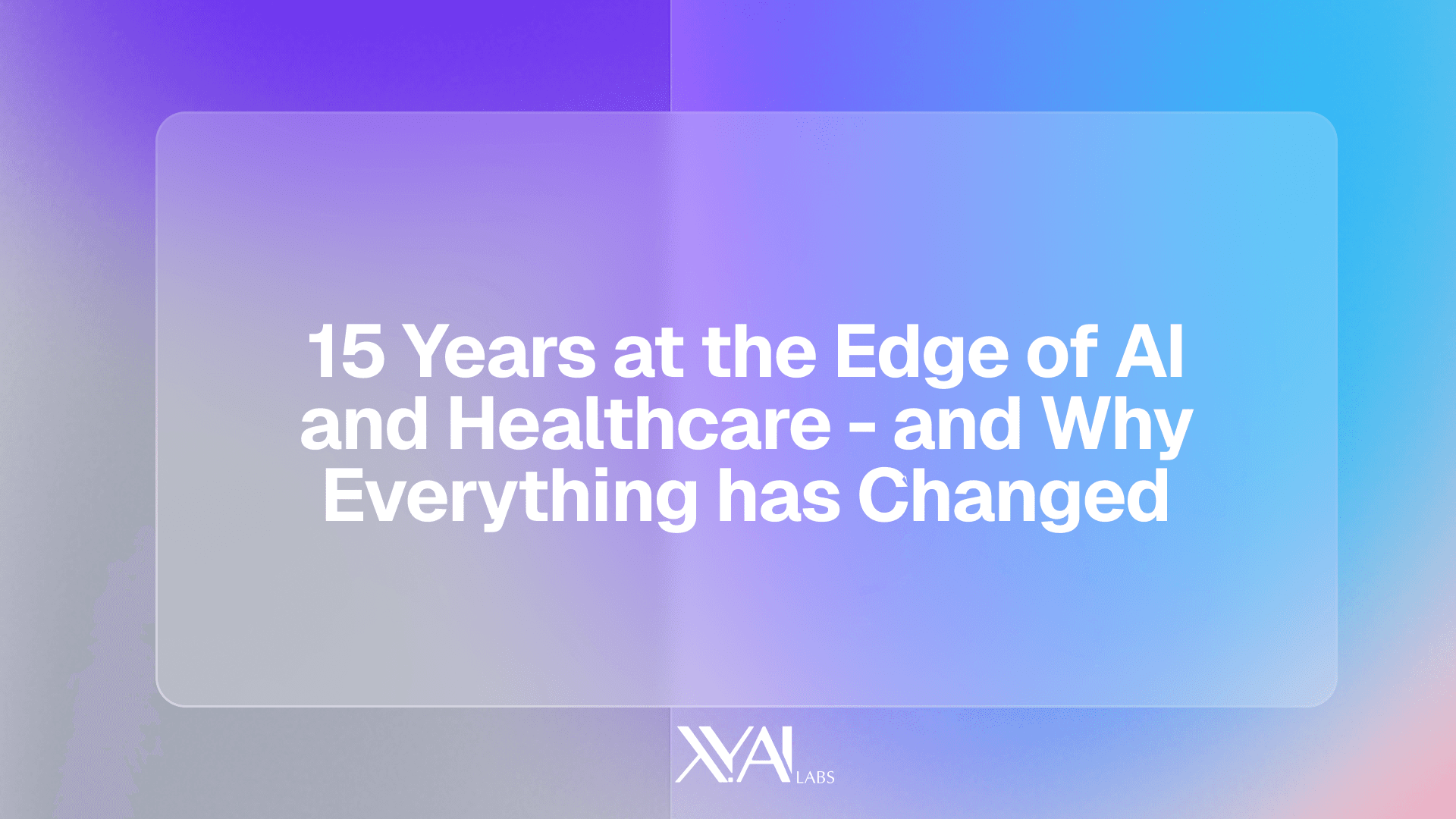
I've been building AI systems and applications for healthcare for over a decade and a half, and if you'd asked me ten years ago whether I thought I'd witness a leap like generative AI in my lifetime, I would've laughed - respectfully. Back then, at Scanadu, we were pushing the limits of what machine learning could do for consumers; with doc.ai, we brought those learnings into the enterprise. But everything was a grind: training neural nets to read subtle health signals from your voice or face, twisting NLP just enough to squeeze value out of early chatbots for triage or coaching. We were making progress - real, meaningful progress - but compared to today, it felt like threading needles in the dark.
When my last company was acquired in 2021, I felt like I'd reached a milestone. Some products made a real impact, others taught us what not to do. I thought maybe it was time to pause, to give more energy to one of my true passions - bringing the AI community together through a TED I figured I could step back from building for a bit.
Friends told me I wouldn't last. Investors told me I had one more startup in me. I wasn't so sure.
And then, like so many breakthroughs, it came from something deeply personal: a routine medical visit for my son. We got ten rushed minutes with the doctor. The eligibility paperwork was dense, the benefits unclear, and my son's health situation wasn't simple. I left that visit not just frustrated - I left energized. Because it reminded me of something: one of the biggest bottlenecks in healthcare is administrative. And for the first time, we have the tools to fix it.
AI Agents Are a Breakthrough - Not a Buzzword
Let's be clear: this isn't just another wave of automation. Agentic AI is different. These systems don't just follow rules - they reason through complexity. They don't replace clinicians - they free them. We're already seeing AI agents handle 90%+ of eligibility checks in some hospitals. That's not a prototype; that's live.
We've gone from 6-day prior authorization turnaround times to 20 hours. Initial approval rates are climbing. Denials are dropping. Physician review requirements are down 70%. And perhaps most importantly, patient satisfaction scores are moving in the right direction—for once. These are real use cases.
More than 800 million claims were denied last year. That's not just inefficiency - it‘s pain, it's lost time, it's money leaking from provider margins, and patients stuck in bureaucratic limbo. We've built an industry around friction. Agentic AI wasn't just built to survive that chaos - it was made to resolve it.
GenAI Isn't a Transformation - It's a Reset
This isn't “digital transformation” in the buzzword sense. It's a fundamental rethinking of how healthcare operates. GenAI agents are now capable of navigating fragmented benefits data, interpreting policy intent, correcting billing errors, and finding care authorization paths that humans often miss—because humans are tired, and systems are broken. Agents are never tired and they relentless.
Healthcare's administrative burden costs the U.S. $1.5 trillion annually. That's $1.5 trillion not going toward patient care. Burnout is rampant—nearly half of clinicians reported it in 2023. Primary care visits now average six minutes. And 40% of PCPs are projected to retire in the next decade. These are not edge cases. These are systemic signals.
We no longer need to imagine a future where AI lightens the load—we're in it. But only if we apply it thoughtfully, with a deep understanding of both the technology and the human systems it must serve.
I've spent 15 years hacking away at the hard problems in healthcare AI. I've seen the hype cycles come and go. But what's happening right now? This isn't hype. It's the start of a healthcare system that can finally begin to care again.
And yes, I have one more company in me.
Co-founder & CEO, Sam De Brouwer
I became the CEO of XY.AI Labs in early 2025. I am on a mission to remove friction from our healthcare experiences.
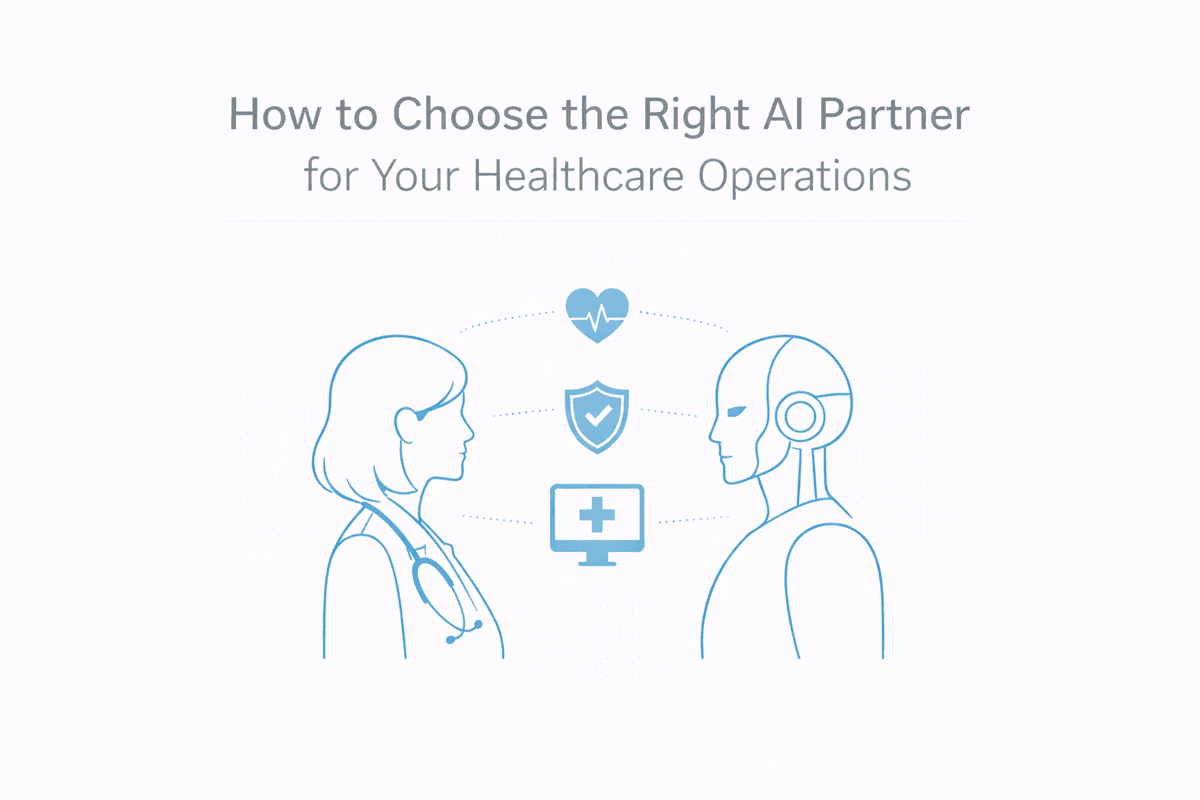
How to Choose the Right AI Partner for Your Healthcare Operations
XY.AI Labs Team
February 5, 2026
Reading Time5 mins

Have We Been Here Before? A Thought on AI Infrastructure
Sam De Brouwer
January 29, 2026
Reading Time5 mins

Finally, Healthcare Is Becoming a Learning System with AI as its Catalyst
Sam De Brouwer
December 19, 2025
Reading Time7 mins
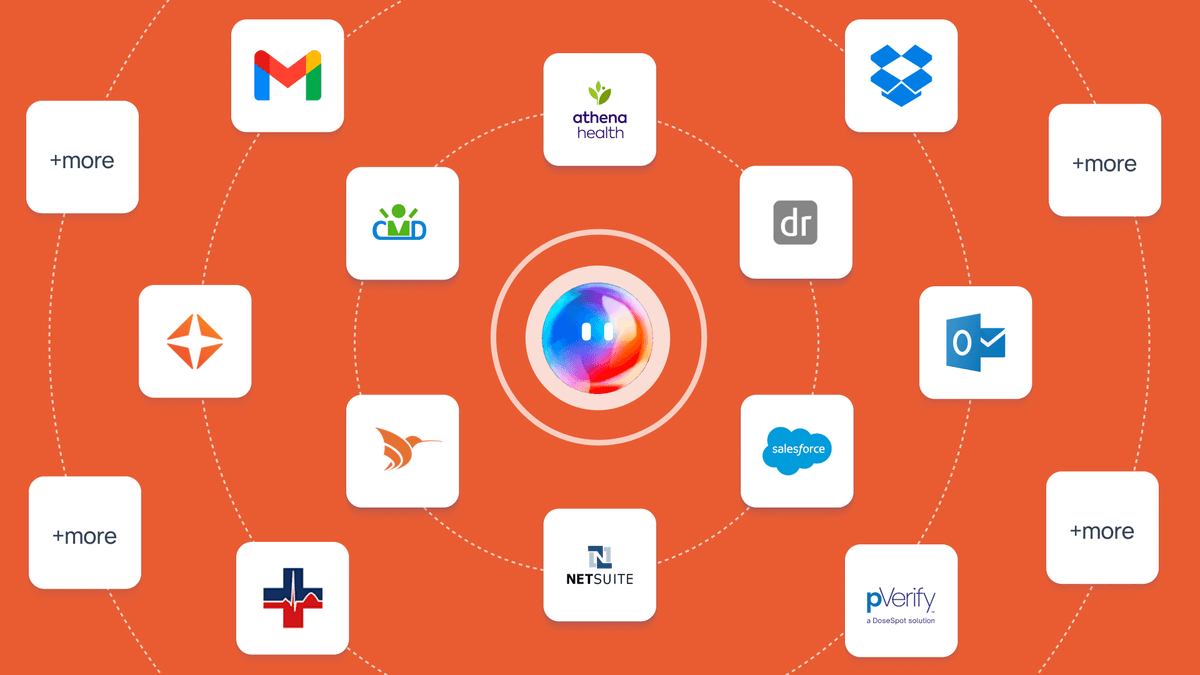
Connect Healthcare Systems with Agentic AI
XY.AI Labs Team
November 24, 2025
Reading Time8 mins
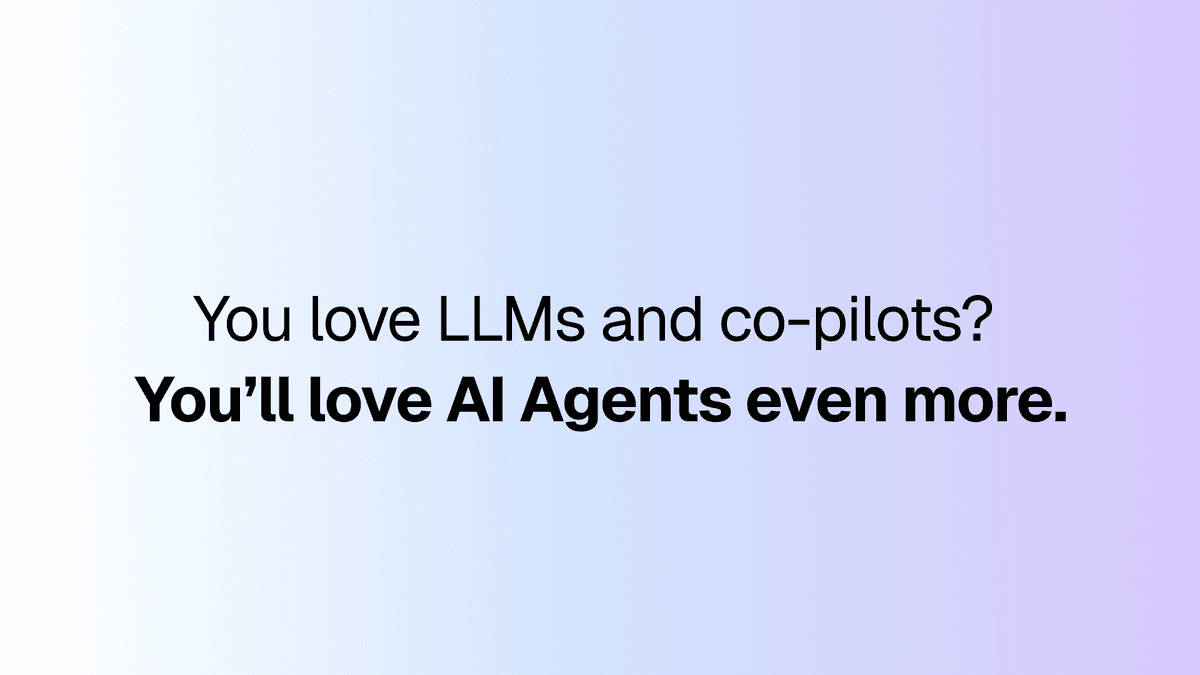
You love LLMs and co-pilots? You'll love AI Agents even more.
Sam De Brouwer
November 13, 2025
Reading Time10 mins
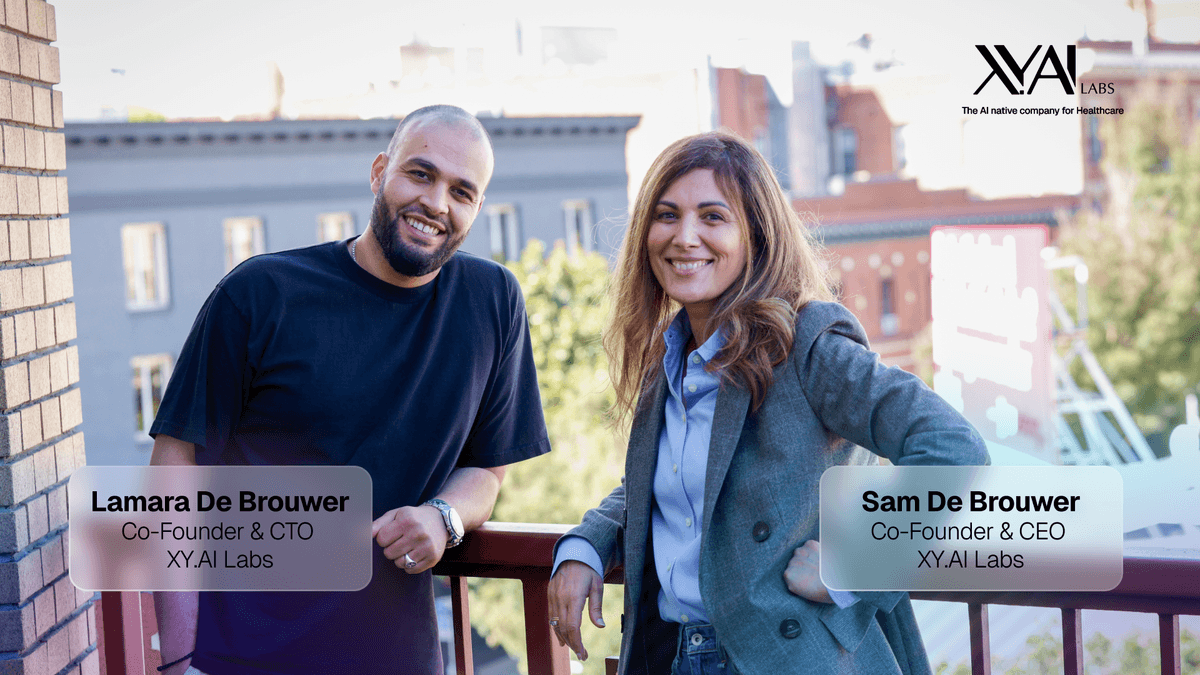
Why I'm Building for the Overlooked Majority of Healthcare
Sam De Brouwer
November 10, 2025
Reading Time6 mins
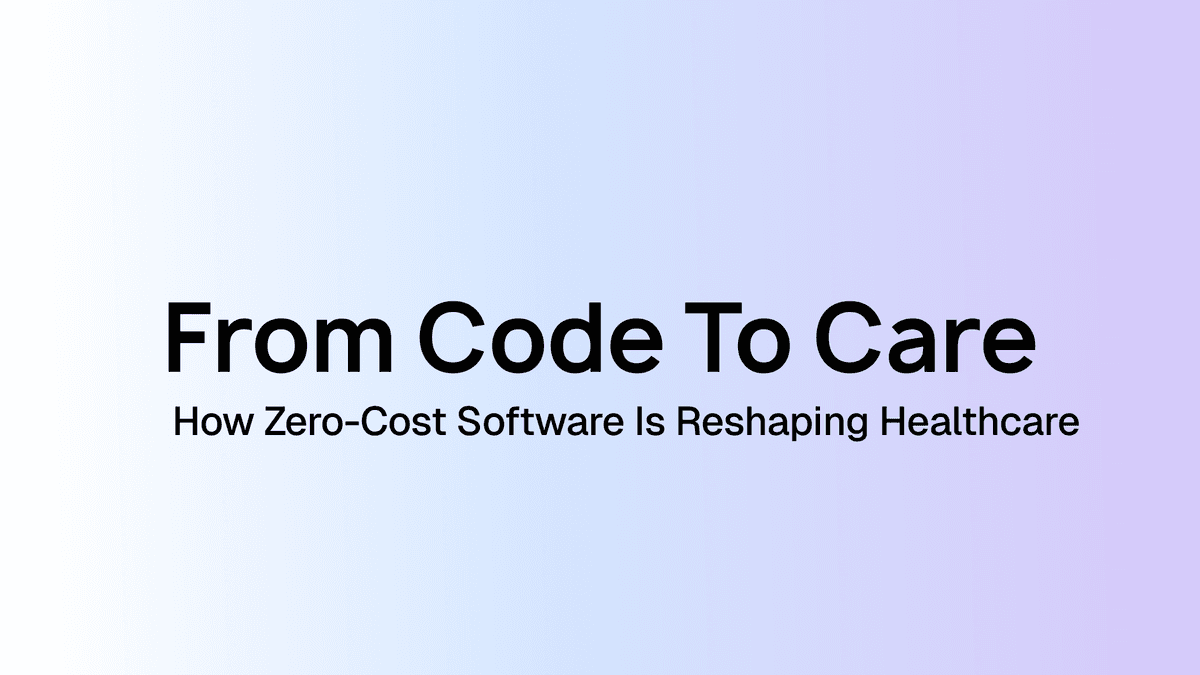
From Code to Care: How Zero-Cost Software Is Reshaping Healthcare
Sam De Brouwer
October 13, 2025
Reading Time8 mins
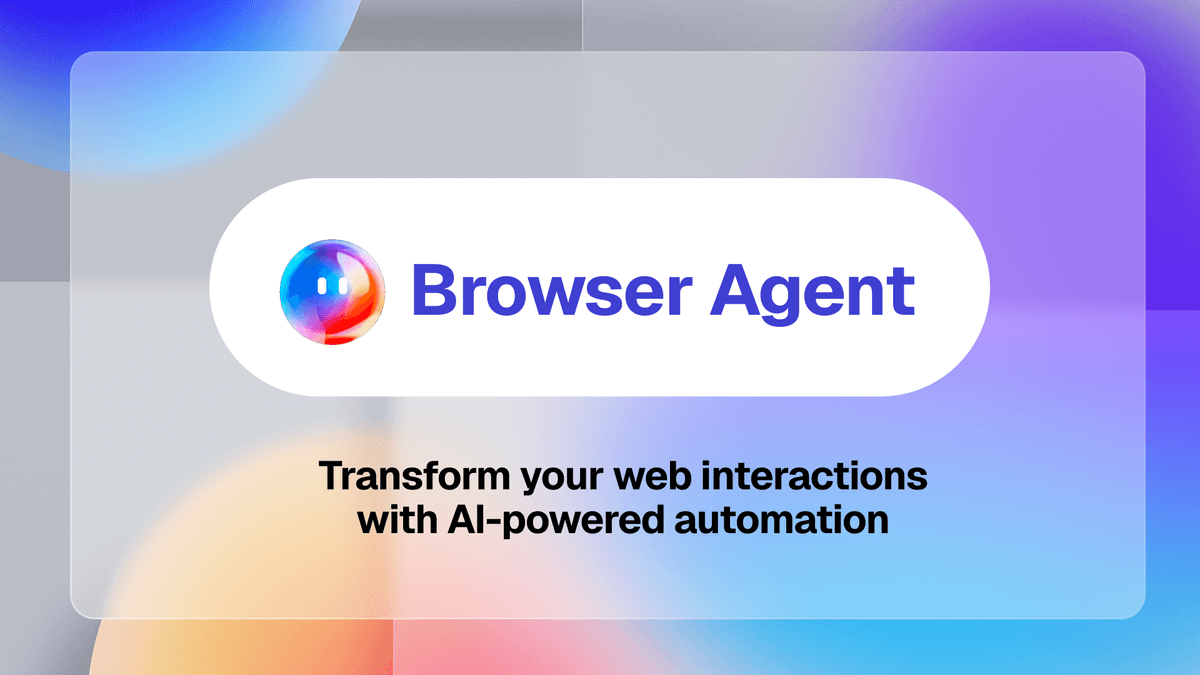
From Clicks to Care: Reinventing Healthcare Workflows with Our XY.AI Multimodal Browser Agents
Scott Cressman
September 12, 2025
Reading Time5 mins
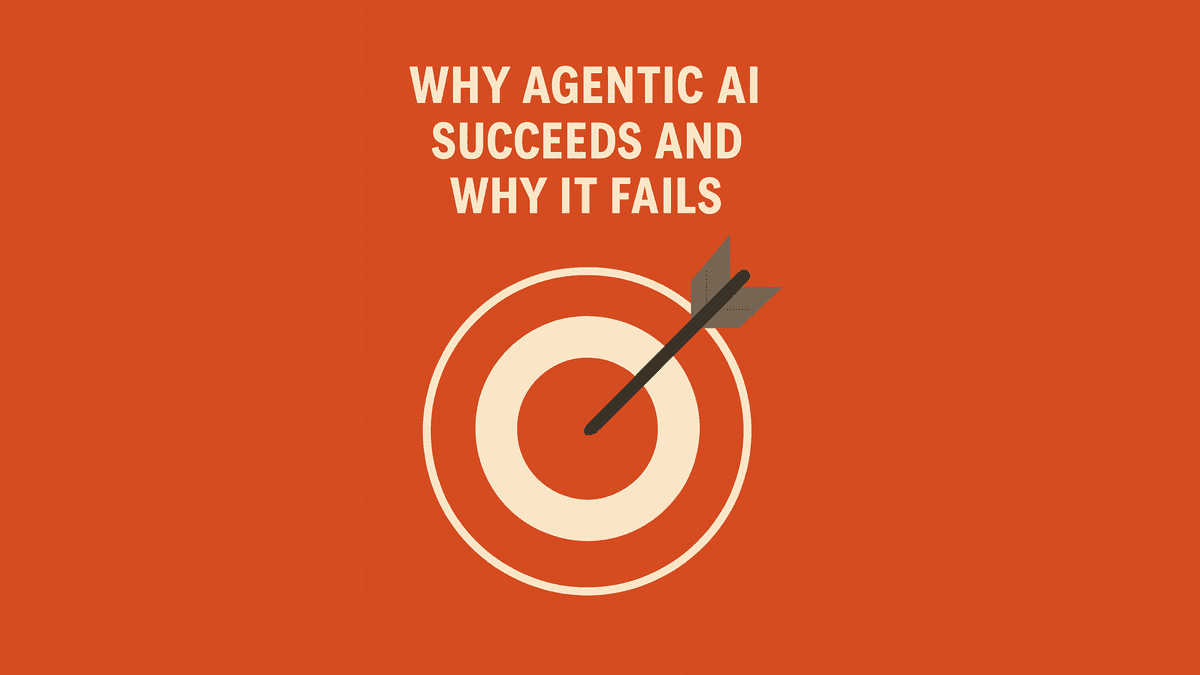
Tough conversations about success and failure are not new in AI
Sam De Brouwer
August 28, 2025
Reading Time3 mins
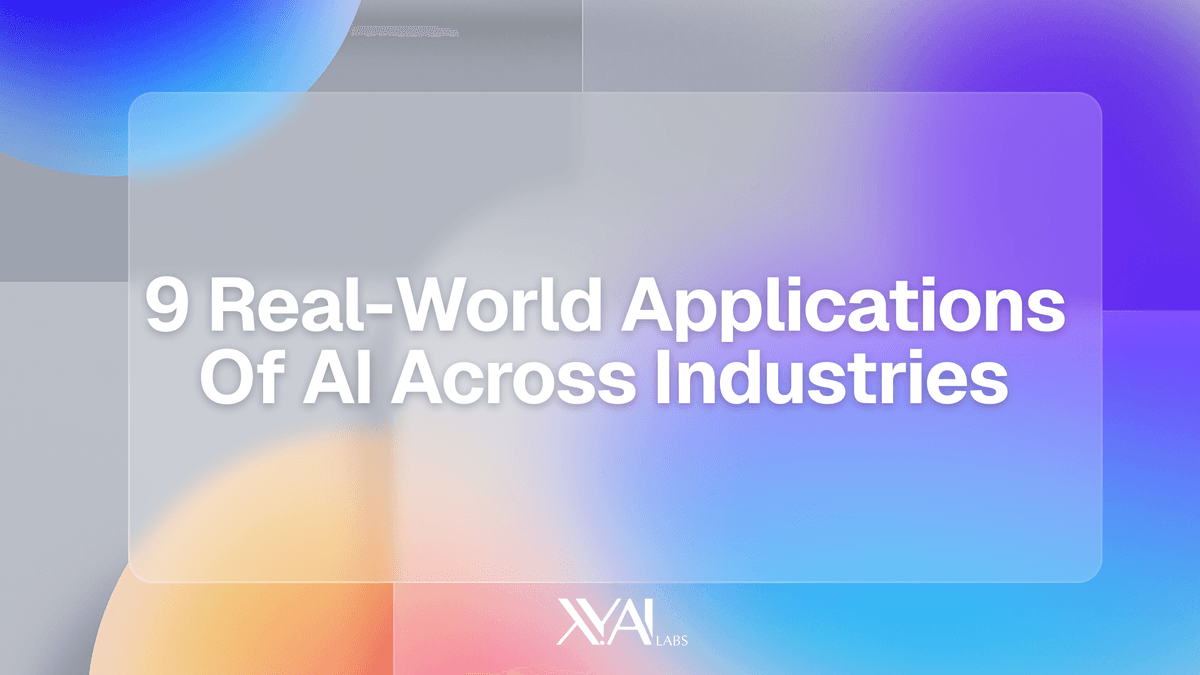
9 Real-World Applications of AI Across Industries
XY.AI Labs Team
August 24, 2025
Reading Time10 mins
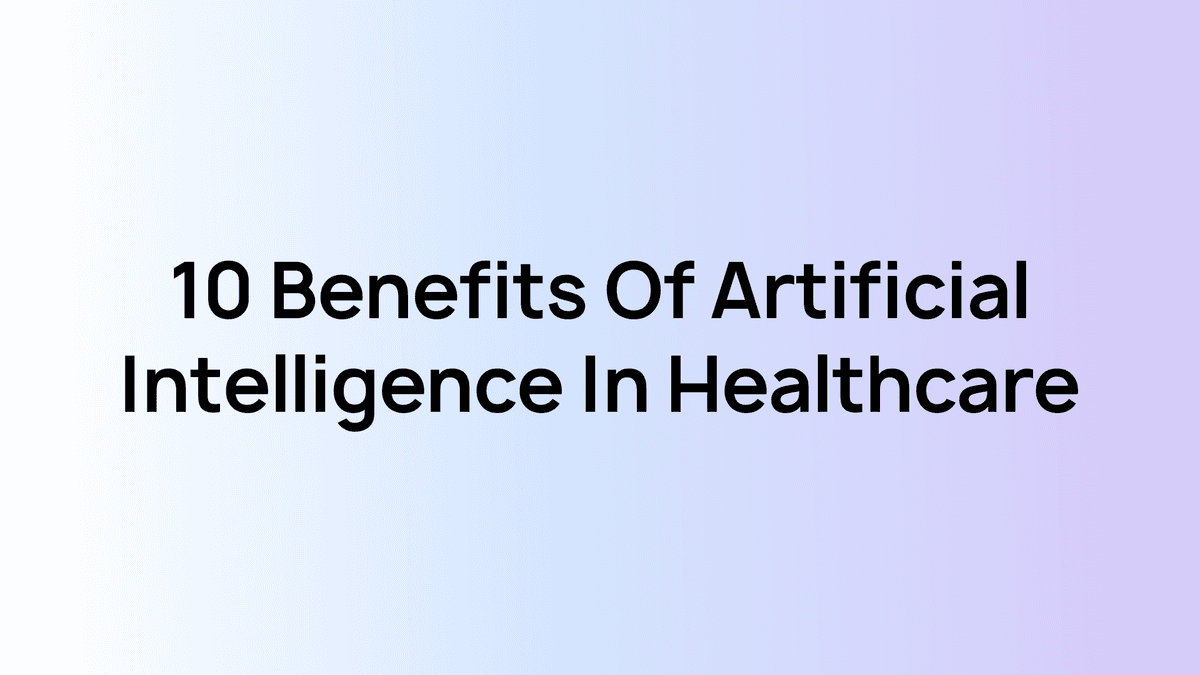
10 Benefits of Artificial Intelligence in Healthcare
XY.AI Labs Team
August 23, 2025
Reading Time10 mins
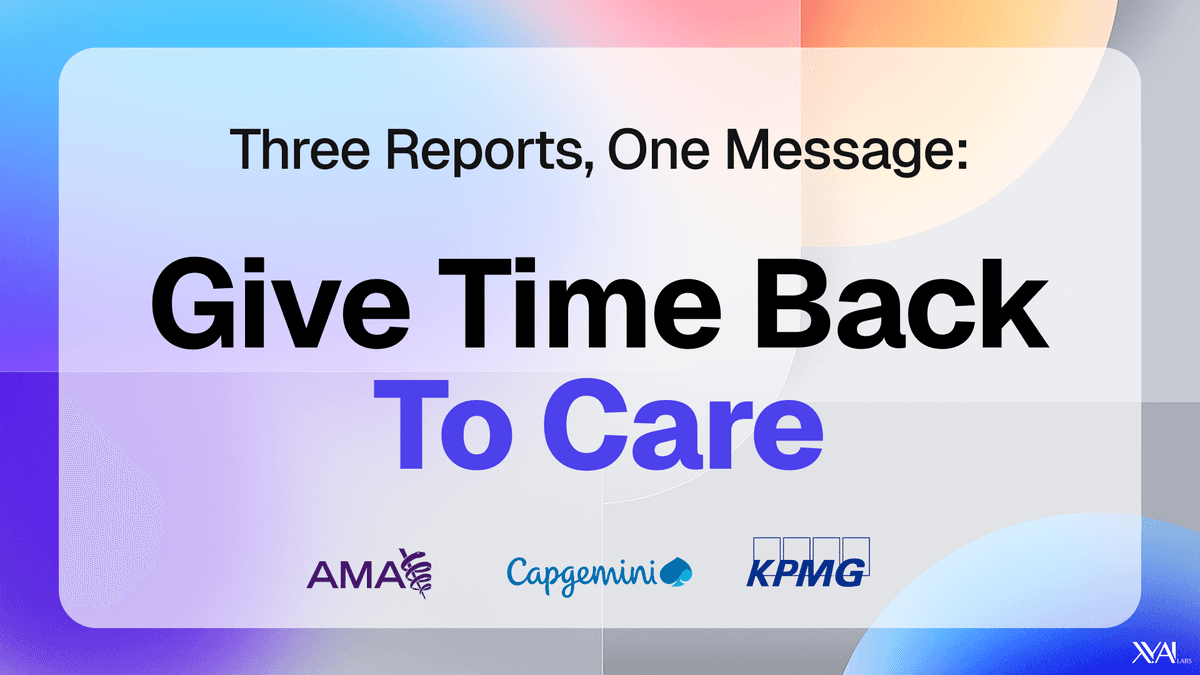
Three Reports, One Message: Give Time Back to Care
XY.AI Labs Team
August 22, 2025
Reading Time2 mins
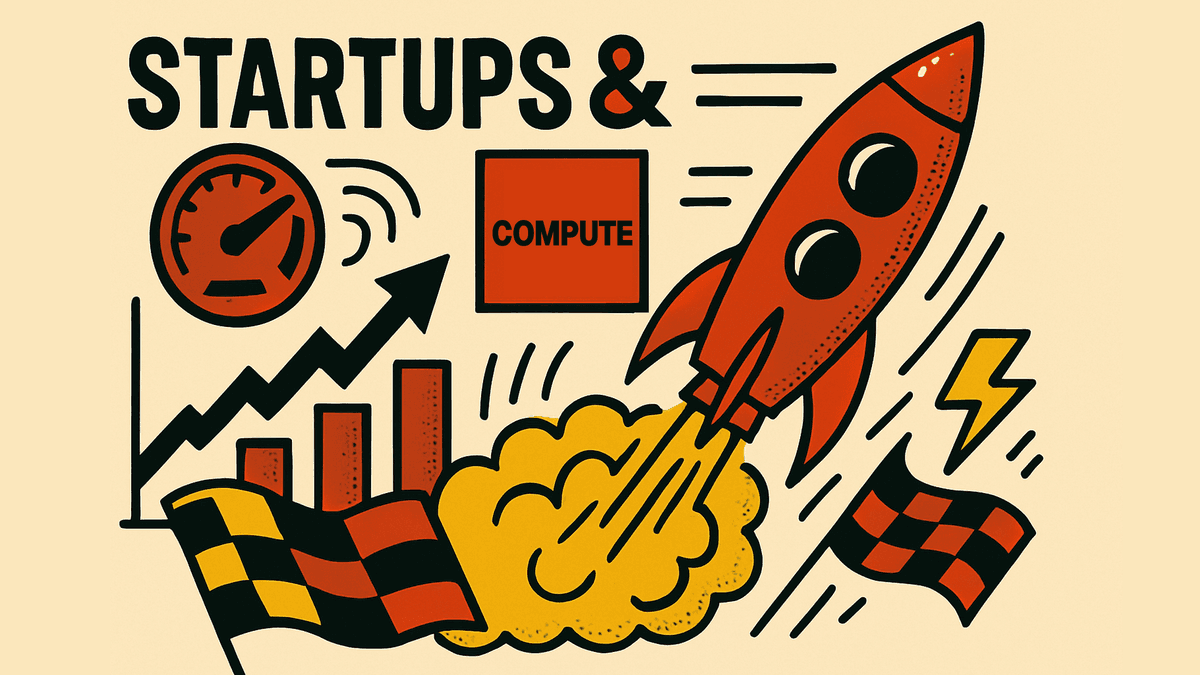
What Free Compute Signals About a Startup like XY.AI Labs?
Sam De Brouwer
August 14, 2025
Reading Time4 mins
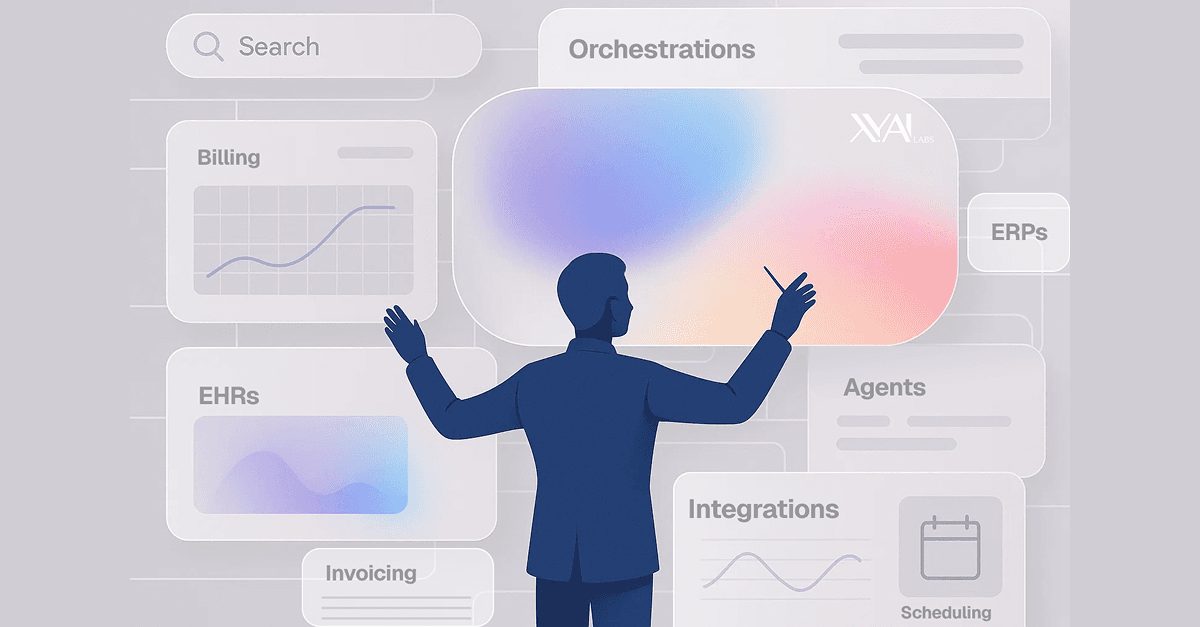
What We're Learning From Our Latest Integrations
Sam De Brouwer
July 31, 2025
Reading Time6 mins
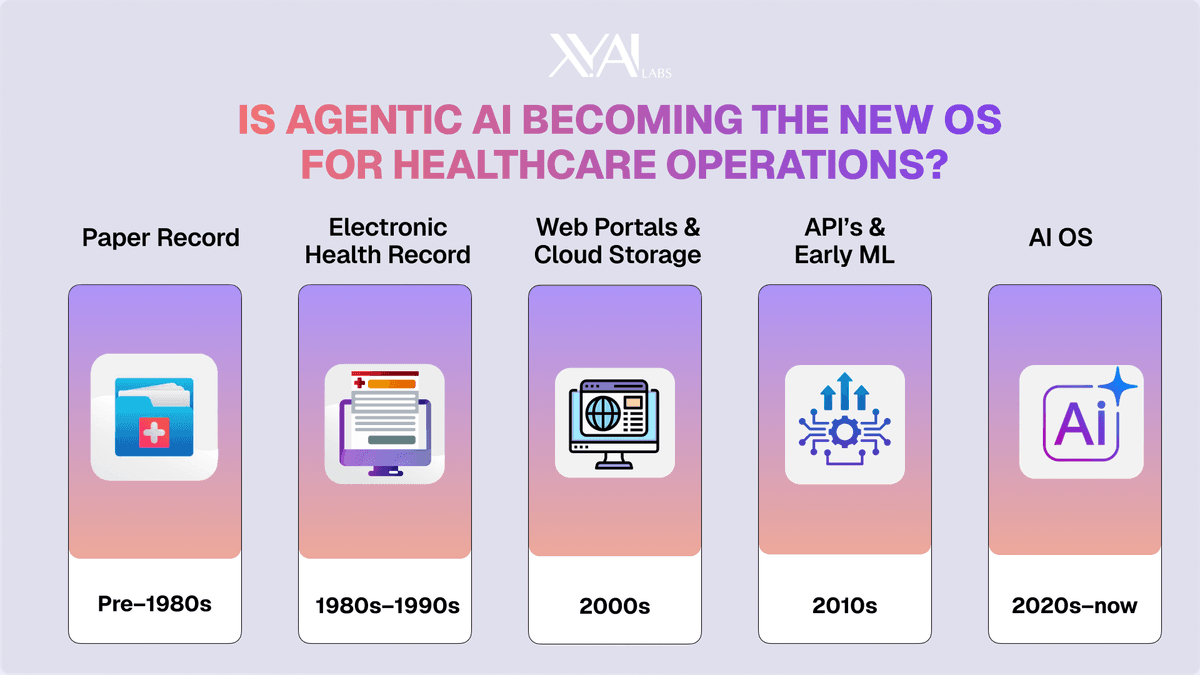
Is Agentic AI Becoming the New OS for Healthcare Operations?
Sam De Brouwer
July 10, 2025
Reading Time4 mins
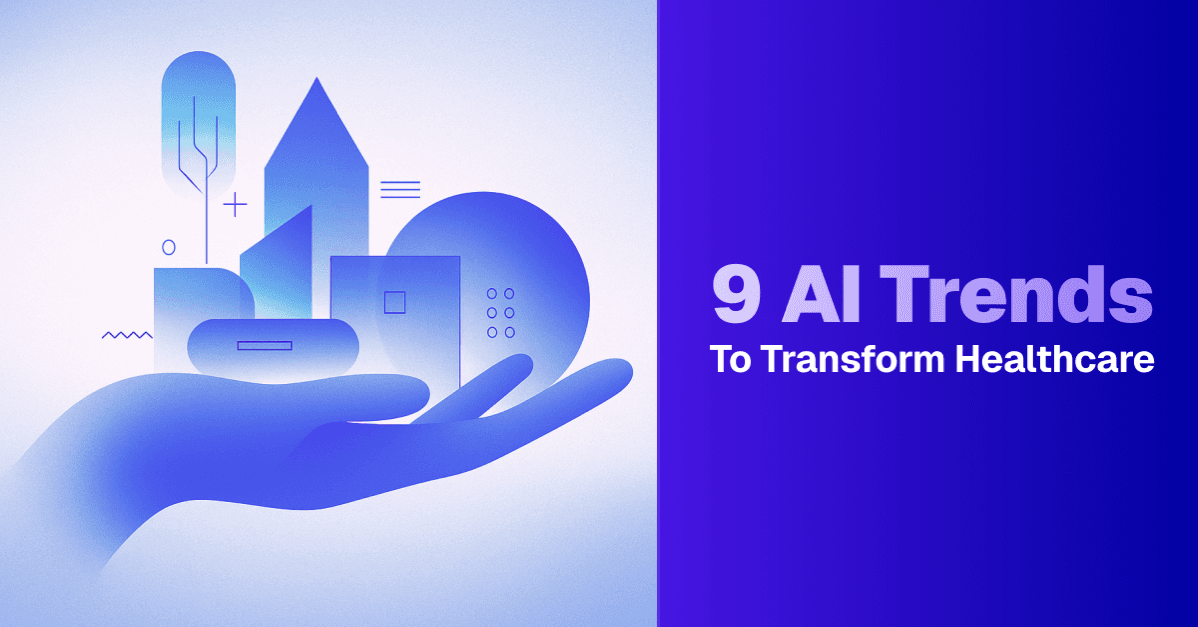
9 AI Trends To Transform Healthcare and Medicine And Why They're Closer Than You Think
XY.AI Labs Team
June 10, 2025
Reading Time5 mins
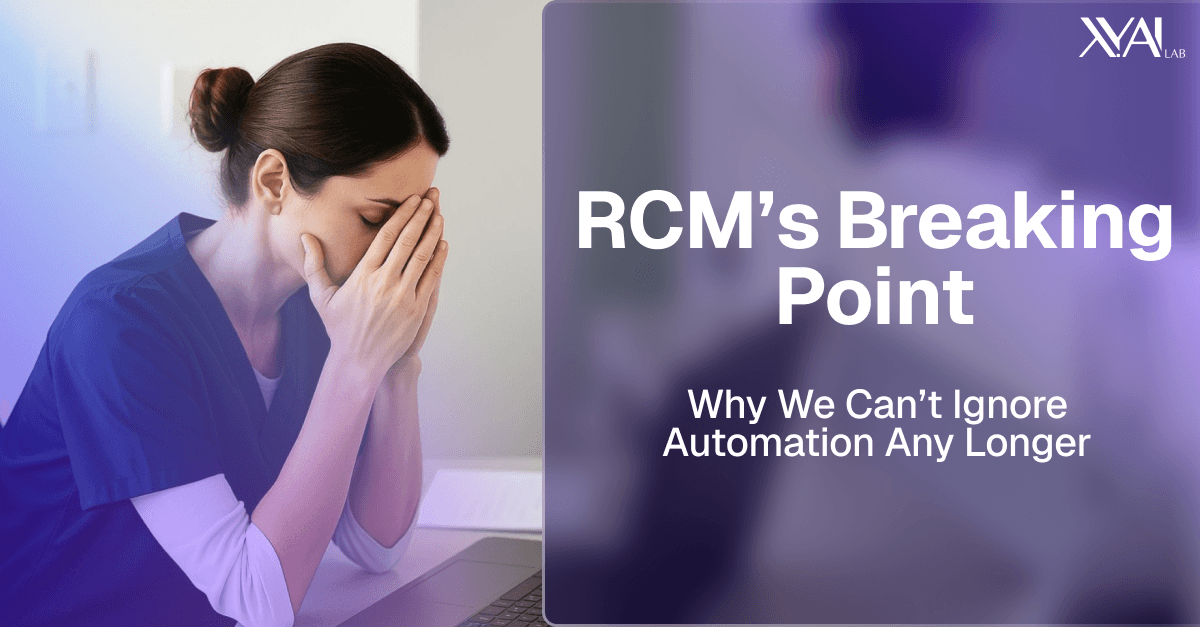
What I am Learning on the Front Lines of RCM in Healthcare - and Why We Can't Ignore Automation Any Longer
Sam De Brouwer
May 6, 2025
Reading Time8 mins
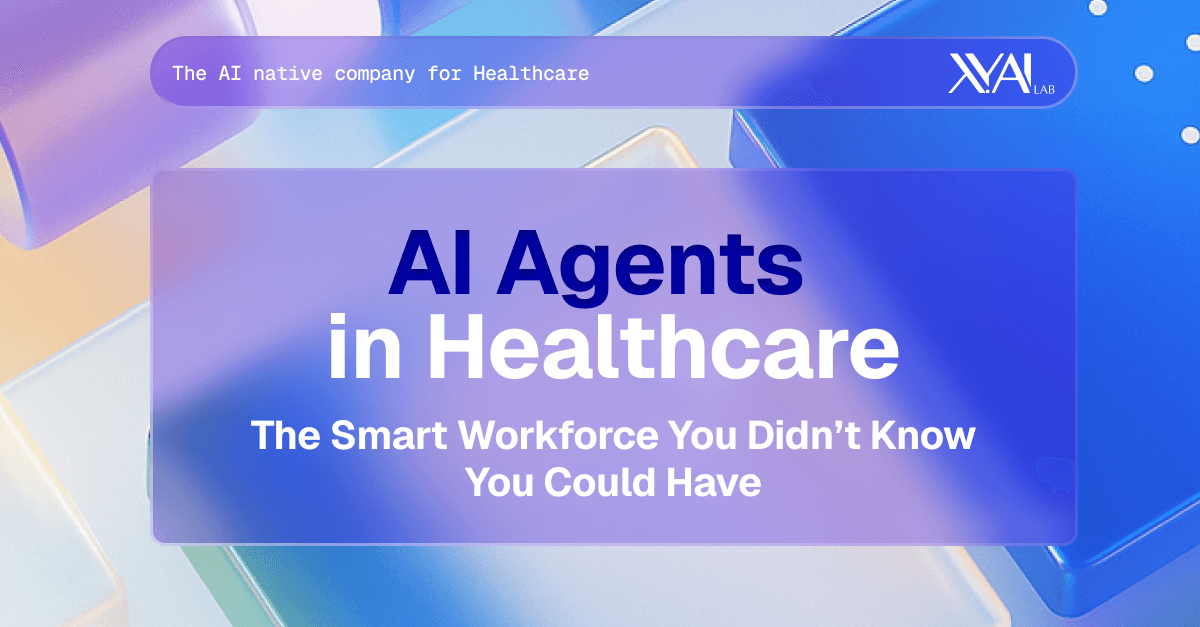
AI Agents in Healthcare: The Smart Workforce You Didn't Know You Could Have
Scott Cressman
